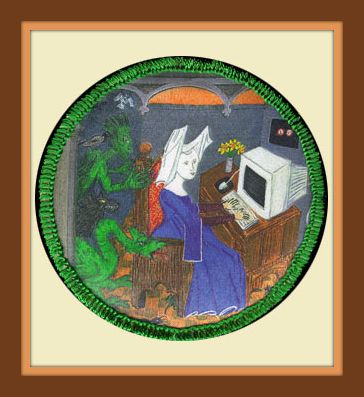This is my first read in getting prepped for our Italy trip. AJ's mom recommended it to me and I really enjoyed it. Dava Sobel, the author, retranslated the enormous number of letters from Galileo's daughter, Soeur Maria Celeste, a cloistered nun to shed light on what was probably Galileo's most important relationship in his life while at the same time telling the story of Galileo's life. Galileo is from Florence, and lived in Pisa, Padova, and Siena, all places I hope to visit. Maybe we can even see his grave or the place where he was under house arrest. I love that his daughter, upon becoming a nun, changed her name to include Celeste--I think it was in tribute to her father who had recently discovered 4 Jovian moons and refined the telescope in order to better study celestial phenomena. (One of the reasons that I love the name Stella is that it means star in Italian.)
The whole conflict between Galileo and his helio-centric model of the "universe" and the Catholic church is fascinating and troubling. This book makes me want to read an overall history of the tensions between science and faith. I couldn't believe that G.'s Dialogue, in which he tries to avoid the wrath of the Catholic church by using 3 fictional characters to discuss the earth- and sun-centered models of the universe, remained on the Catholic church's list of banned books until the mid-1800's--a total of 200 years after G wrote it. I would like to see if the Catholic church apologized and/or responded when incontrovertible evidence emerged proving that the earth was not the center of the universe.
The rationale for their objections to G's work was that the helio-centric model contradicted scripture. Leading clergy and the Inquisitorial officials pointed to maybe 3 or 4 scriptures in the Bible as their evidence. Chief among then was the story of Joshua where the sun stood still. What was surprising to me was how much weight the Pope and church put on an issue that I see as having very little relevance to issues of salvation or any of the core tenets of Christianity. Why was this so important to them? The alternative models that are required to keep the sun moving around the earth are so complicated and distorted as to be farcical. My favorite is the system of Tycho Brahe where Mercury, Venus, Mars, Jupiter and Saturn rotate around the Sun while the Sun circled the stationary Earth.
There was no discussion in the book about whether G questioned the Church's position in either this specific regard or in general. He remained a faithful Catholic his entire life, despite the treatment he received at the hands of Catholic authority.
And a great quote by G's father Vicenzio:
It appears to me that they who in proof of any assertion rely simply on the weight of authority, without adducing any argument in support of it, act very absurdly.
Read more . . .






